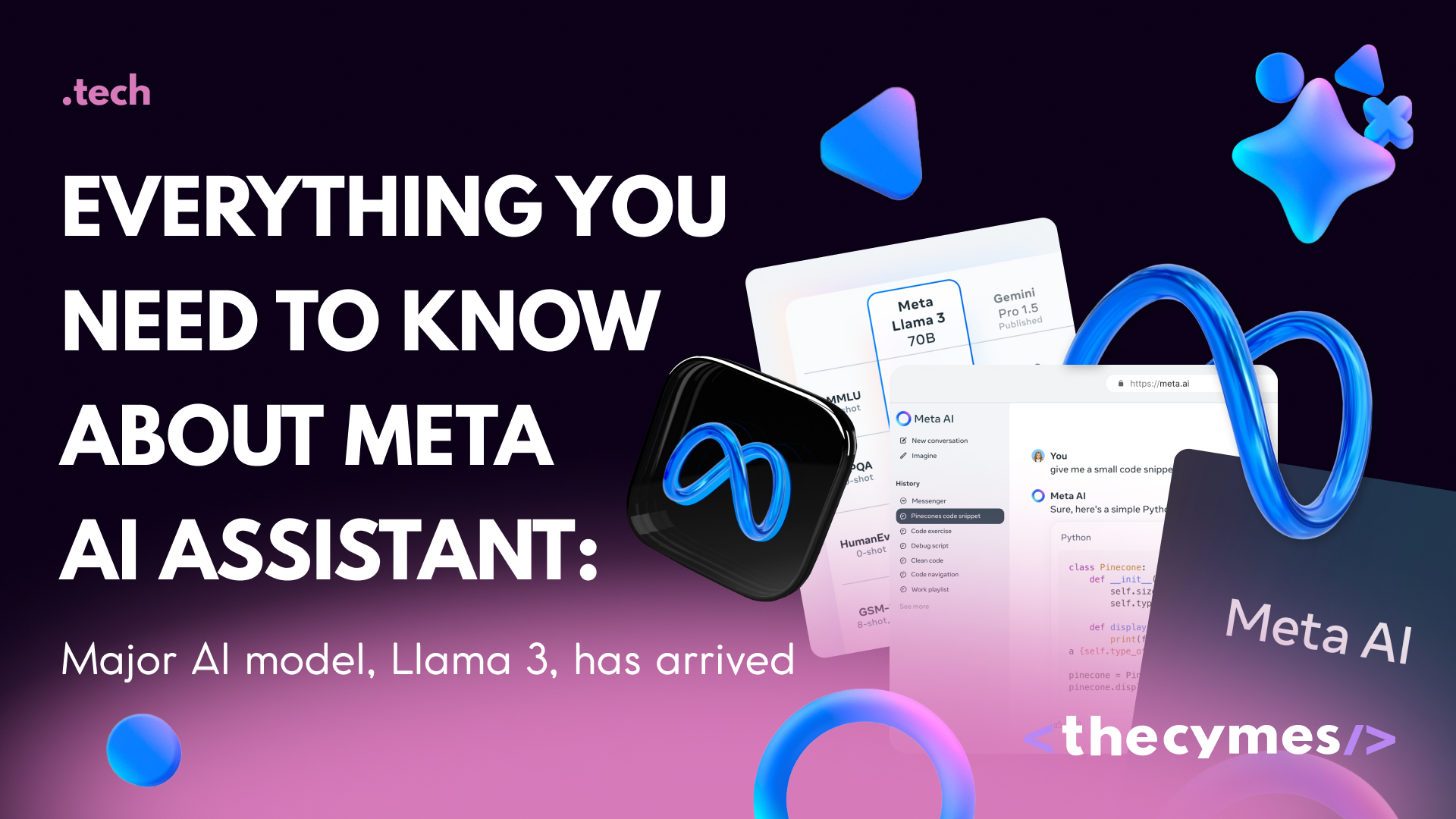.business venture9 February 10:32
0<
How to select an ecommerce platform to be used for your webshop?
/>Magento, WooCommerce, and Shopify are all popular e-commerce platforms that can be used to create an online store. Magento is best for large, complex e-commerce sites, WooCommerce is best for small to medium-sized businesses and Shopify is best for small to be updated on the latest tech newsGet exclusive news updates and overview on tech market



